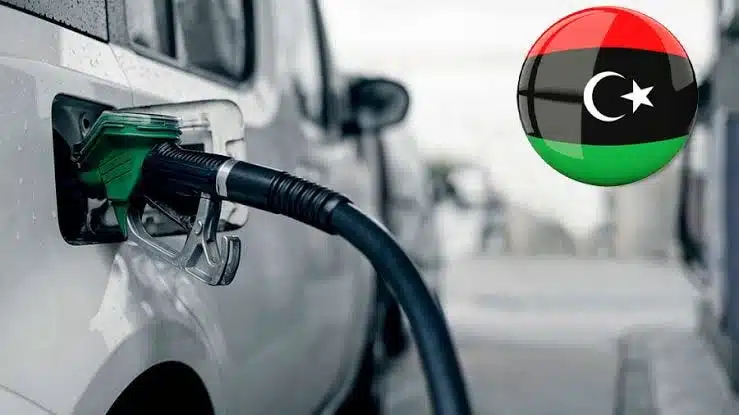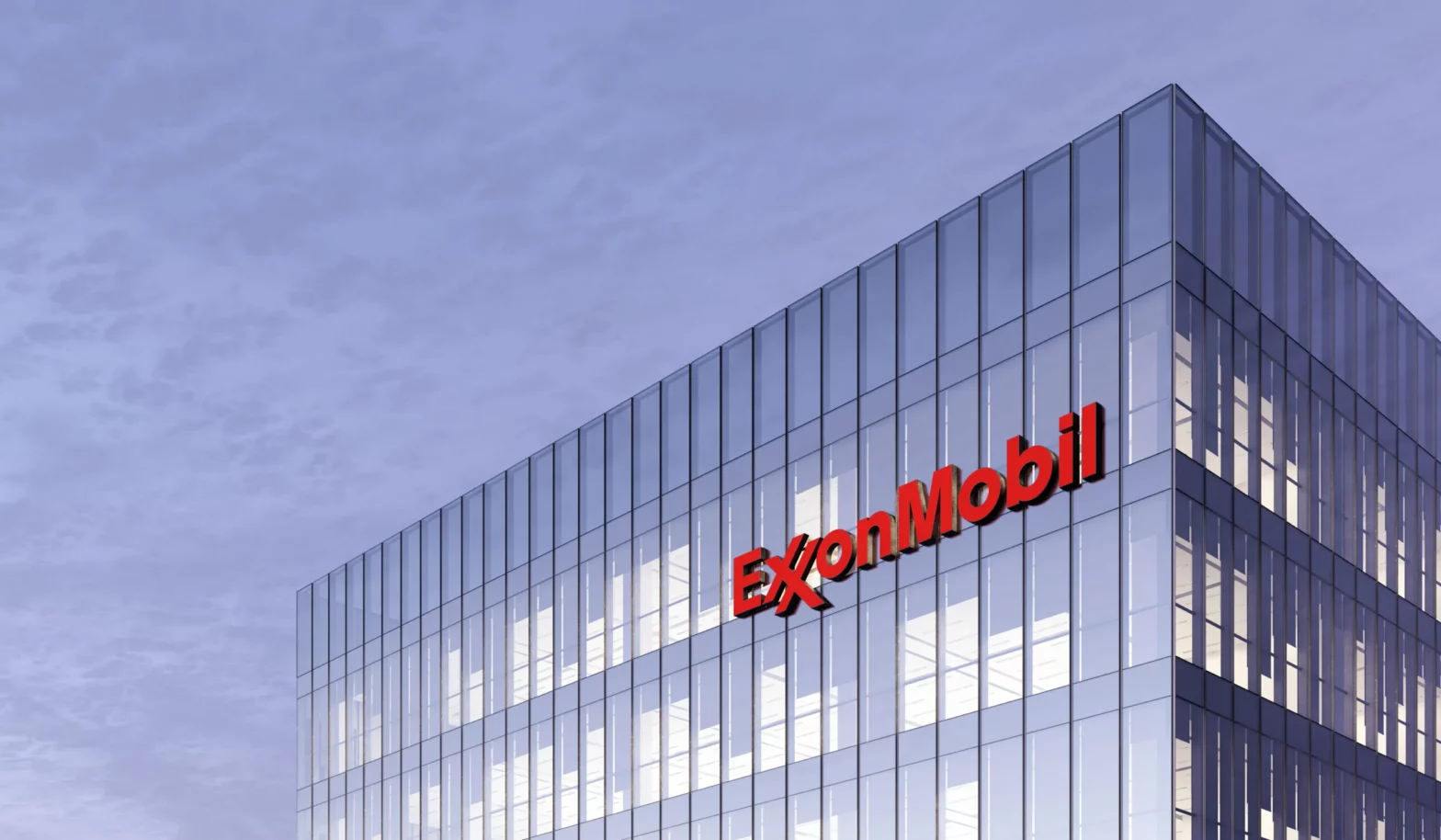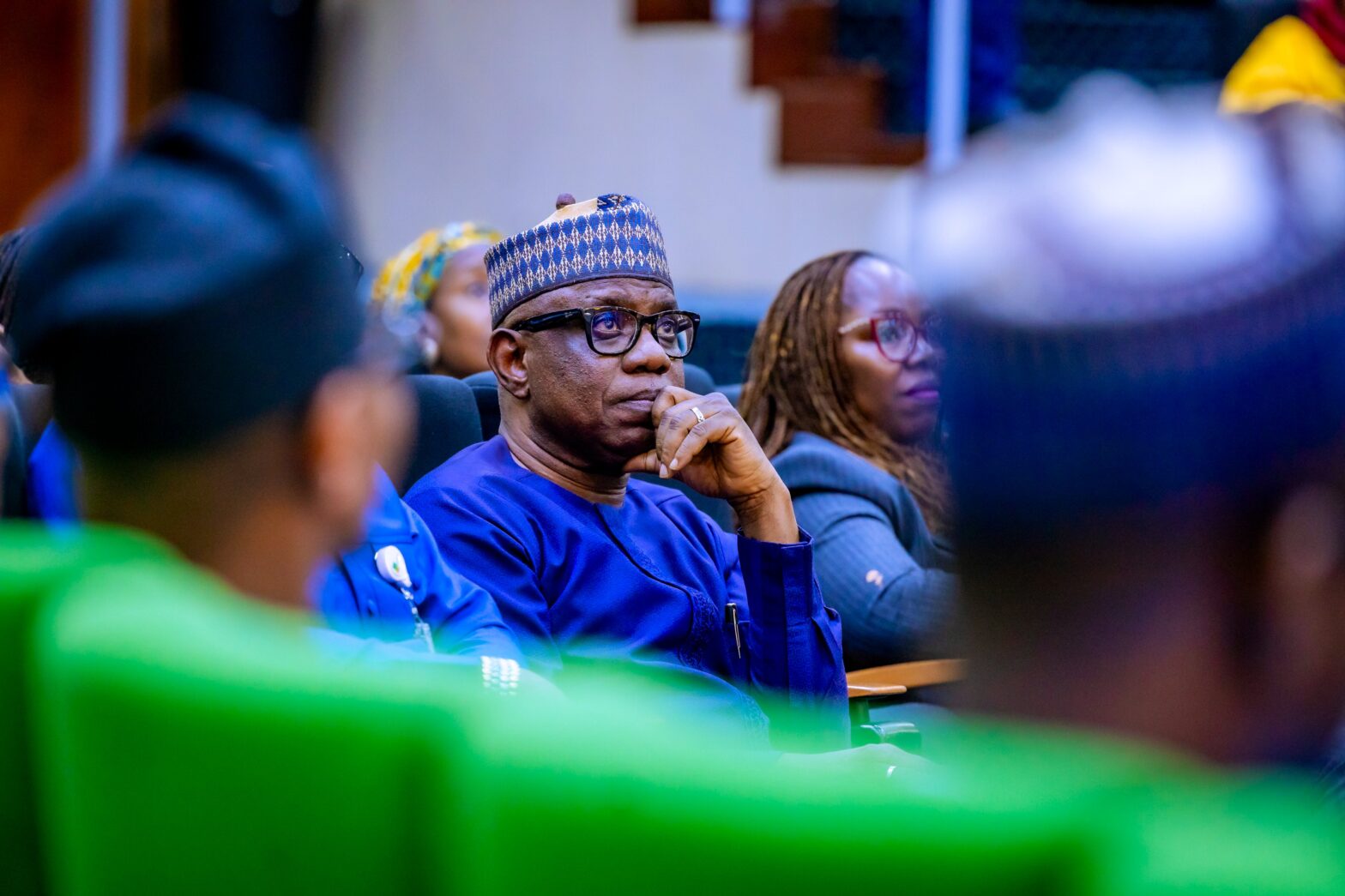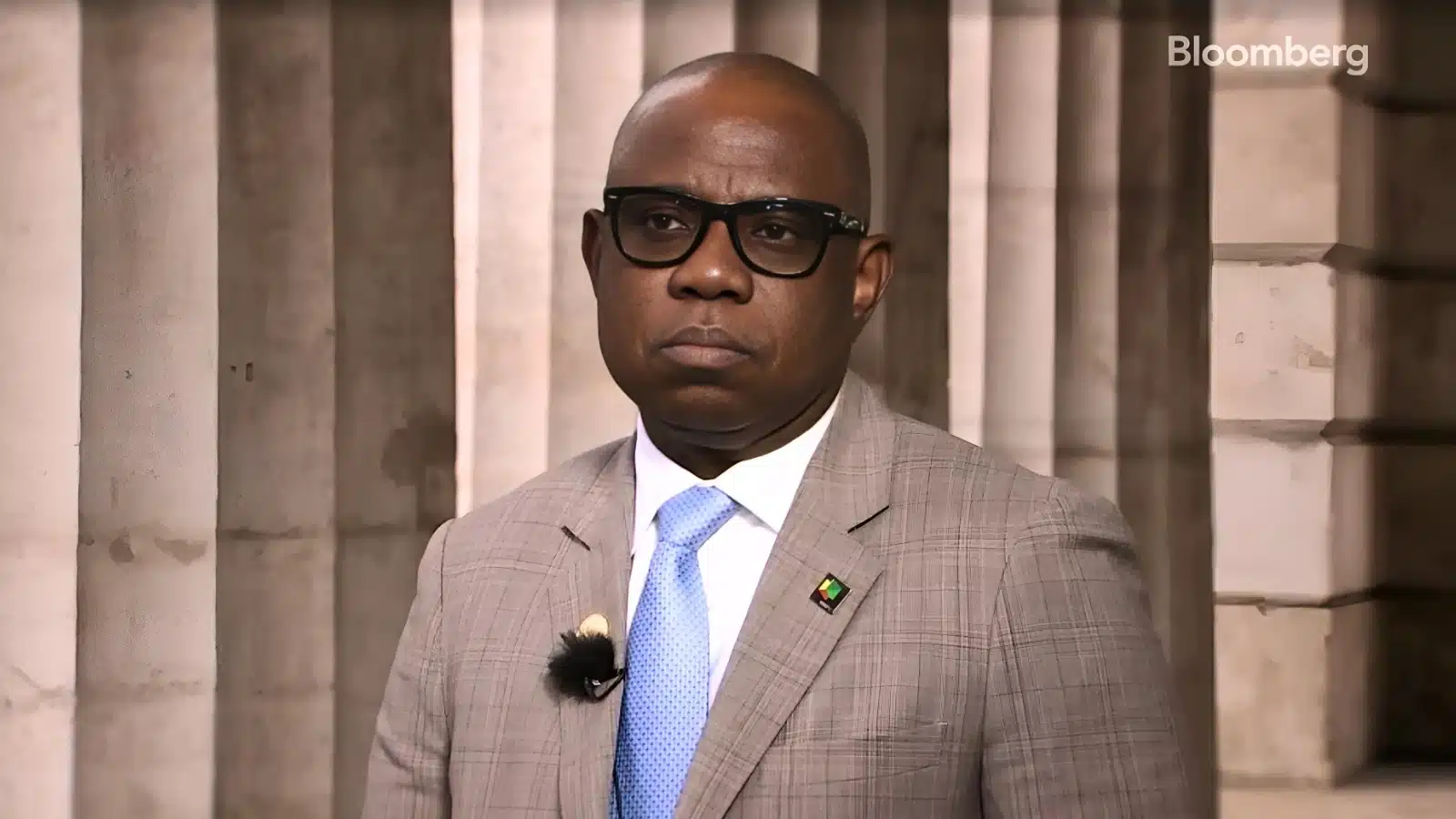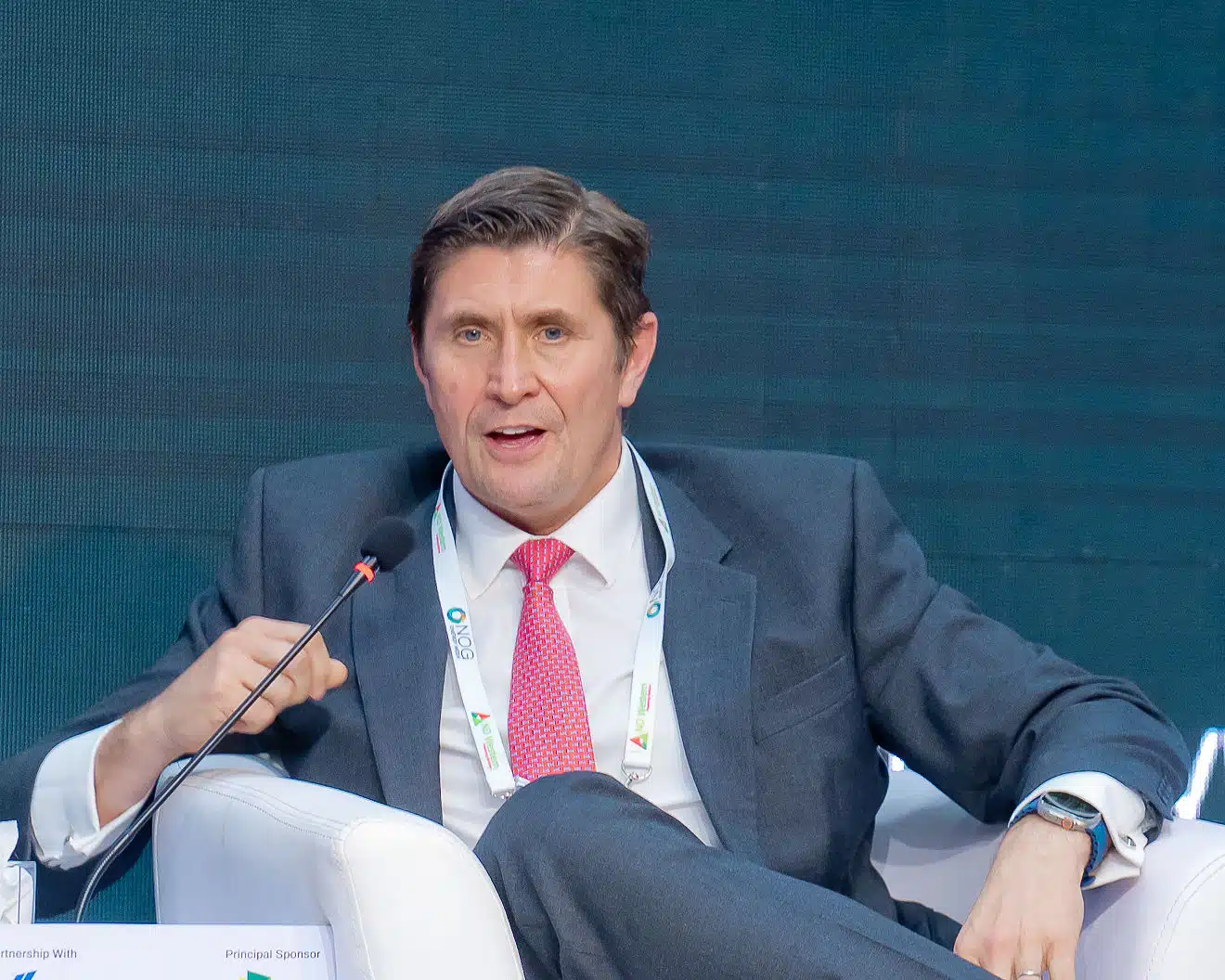Libya’s eastern-based government has agreed on a proposal to end fuel subsidies and would prepare a mechanism to implement the agreement.
The eastern-based government of Libya said in a statement on Wednesday, according to a report by Reuters.
The proposal was also approved by the deputy governor of the Tripoli-based Central Bank of Libya (CBL), Mari Barrasi, in Benghazi in a meeting.
According to a statement on the government’s Facebook page, the members of the committee assigned by the governor to prepare the general budget’s vision for 2025 and a number of department directors at the bank were present at the meeting held at the CBL’s Benghazi branch headquarters.
The meeting also saw the acceptance of the proposal to include the Libyan Investment Authority’s revenues as one of the sources of funding for the general budget, as well as Hammad’s agreement to cooperate with Law No. 18 of 2023, which was issued by the House of Representatives and concerns the salaries of public employees, according to the statement.
The oil-producing country also indicated that the participants talked about the procedures for creating the unified general budget proposal.
They came to a consensus on all matters pertaining to the first, second, and fourth chapters of the unified general budget, and the discussion of the third chapter’s components was put off until a later date.
The statement also highlighted that the outcomes of the meeting were reflected in the implementation of all necessary measures to accomplish the intended goals of establishing the principles of social and geographical justice for public expenditures, unifying the aspects of collecting and spending public funds for all state institutions, and adhering to the rules of transparency in order to address the difficulties facing the wheel of development and reconstruction in all regions of Libya.
Libya’s petrol subsidy
An OPEC member, Libya, sells a liter of petrol for just 0.150 Libyan dinars ($0.03), making it the second-cheapest globally, according to the Global Petrol Prices online tracker.
This significant subsidy has placed immense pressure on the North African country’s revenue while creating a substantial loophole for fuel smuggling into neighboring nations.
A World Bank report estimates that fuel smuggling from Libya is valued at a minimum of $5 billion annually.
Data from the Central Bank of Libya (CBL) shows that fuel subsidies between January and November this year amounted to 12.8 billion Libyan dinars, making it one of the largest allocations of government revenue.

